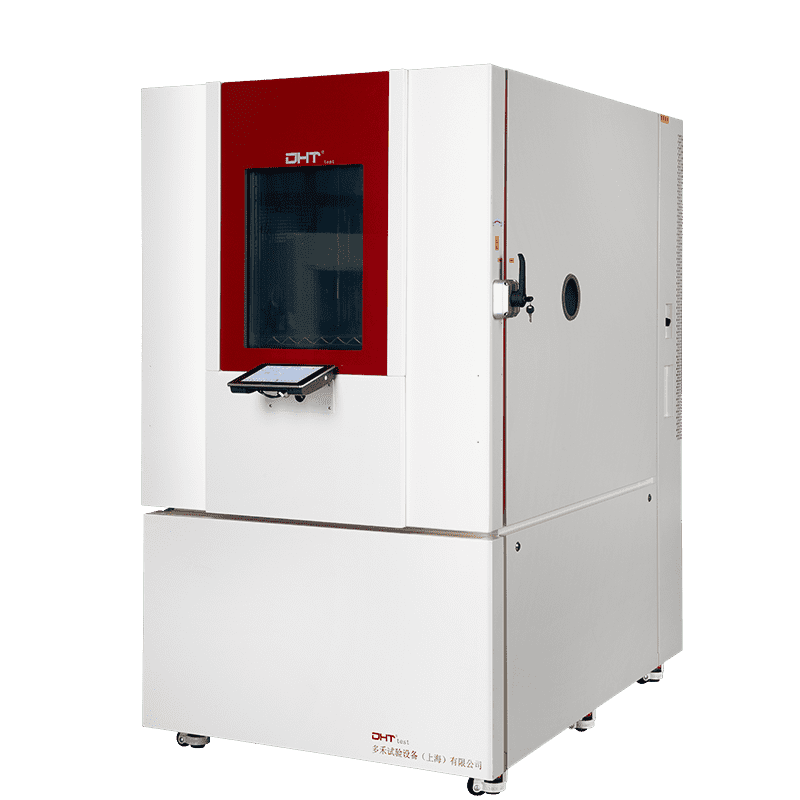Introduction: Test Manager Li’s Dilemma
Li is the test manager at a rising electronics company. Recently, the company secured several key client orders that require rigorous thermal shock testing to verify product reliability. Now, he faces a tough decision: Should he make a one-time purchase of a thermal shock chamber, or opt to lease the equipment?
With tight deadlines and limited budgets, plus intense pressure from client audits, can buying the equipment pay off quickly? Or is renting a more flexible and cost-effective solution? This “buy or rent” decision directly impacts the company’s testing efficiency and cost control — potentially influencing up to 50% of the entire project budget.
Why Do You Need a Thermal Shock Chamber?
Thermal shock testing is not just a bonus for your lab — it’s a passport for your product to pass market entry.
You may have encountered these challenges:
- Products returned by clients for failing thermal shock tests;
- Being blocked during key customer audits due to missing compliance testing;
- Overseas orders delayed or lost, damaging your company’s reputation.
These pain points clearly indicate that the thermal shock chamber has become a critical checkpoint in the quality management process. Without it, your product will struggle to enter customer supply chains smoothly and maintain market competitiveness.
Rent vs. Buy: More Than a Financial Decision — It’s an Operational Strategy
This is not a simple purchasing question but a strategic choice impacting your company’s operation model:
- Project Duration
- Short-term projects with 3-month development cycles are better suited for flexible leasing;
- Long-term production needs over 3 years favor purchasing, offering better cost efficiency.
- Cash Flow Situation
- A one-time purchase requires significant capital upfront, potentially squeezing other business areas;
- Staged leasing smooths cash flow and eases financial pressure.
- Organizational Capability
- Do you have an established lab environment and a dedicated test engineering team?
- Do you need to support multiple product lines or diverse testing tasks?
Real-world Cases:
- A new energy company quickly met diversified automotive client testing needs by leasing high-performance thermal shock chambers, successfully entering Tier-1 supplier chains.
- A manufacturing plant that blindly purchased equipment early on ended up with idle devices and tight cash flow, limiting further R&D investment.
You May Be Underestimating the Strategic Value of Leasing Thermal Shock Chambers
Break the stereotype that leasing is just a temporary fix. Leasing is becoming the smart choice for many companies:
- Easily switch between multiple test models to meet different client customization needs without buying multiple devices.
- Rapidly respond to urgent test demands and temporarily expand capacity to avoid delivery bottlenecks.
- Deploy mobile test stations for on-site testing or external collaboration, enhancing adaptability.
Leasing not only saves capital expenditure but also brings operational innovation and flexibility.
Buying Isn’t Wrong — But Avoid These Three Common Pitfalls
Purchasing equipment requires caution to prevent it becoming a costly mistake:
- Over-specifying Parameters: Excessive performance specs drive up costs far beyond actual testing needs.
- Ignoring Wartung and Staffing Costs: Overlooking ongoing maintenance and the need for skilled personnel leads to high idle rates and poor ROI.
- High-cost Purchase Without Long-term Demand: Without a clear long-term testing plan, the investment is hard to amortize.
Five Questions to Ask Before Buying:
- Is my testing demand stable and ongoing?
- Do we have a mature test team and management system?
- Are the equipment specs aligned with actual business needs?
- Is the maintenance and upgrade budget secured?
- Is there a clear capacity plan supporting long-term equipment use?
How to Decide Which Option Fits You Best?
Typical Profiles for Leasing:
- Project-based teams with short-term, variable testing needs;
- Order-driven factories with fluctuating client demand requiring flexible resources;
- Early-stage R&D groups with uncertain test needs and limited budgets.
Typical Profiles for Purchasing:
- In-house labs seeking high consistency and autonomous control of test data;
- Organizations with frequent, long-term thermal shock testing requirements;
- Certification-focused companies needing regular compliance retesting.
Conclusion: Is Testing an Expense or an Investment?
Whether you choose to rent or buy, the key is not owning the equipment itself, but obtaining reliable test data and ensuring on-time delivery. A well-planned testing investment directly translates into product quality assurance and a competitive market edge.
When faced with the buy-or-rent decision, DHT® recommends every company combine its business realities with scientific judgment to maximize the value of testing budgets, helping products successfully enter the market and gain customer trust. Choose DHT® to make your thermal shock testing more efficient and reliable — your steadfast partner in quality assurance.
Häufig gestellte Fragen
Warum ist eine Temperaturschockkammer für meine Produkttests unerlässlich?
Thermoschockprüfung ist ein kritischer Qualitätskontrollpunkt. Sie hilft sicherzustellen, dass Ihr Produkt schnellen Temperaturschwankungen standhalten kann, um Ausfälle zu verhindern, die Kundenrücksendungen, Prüfungsfehler oder Lieferverzögerungen verursachen könnten. Ohne sie riskiert Ihr Produkt, abgelehnt zu werden oder seine Wettbewerbsfähigkeit auf dem Markt zu verlieren.
Welche Faktoren sollte ich bei der Entscheidung zwischen dem Kauf und der Miete einer Thermoschockkammer berücksichtigen?
Die Entscheidung hängt von der Projektdauer, dem Cashflow und der organisatorischen Fähigkeit ab. Kurzfristige Projekte profitieren oft von flexiblem Leasing, während langfristige, häufige Testanforderungen im Allgemeinen den Kauf für eine bessere Kosteneffizienz begünstigen. Berücksichtigen Sie auch Ihre Laborumgebung und die Kapazität Ihres Testteams.
Kann die Anmietung einer thermischen Schockkammer über Kosteneinsparungen hinaus strategische Vorteile bieten?
Absolut. Das Leasing bietet betriebliche Flexibilität, wie das schnelle Wechseln zwischen verschiedenen Testmodellen, eine schnelle Reaktion auf dringende Testanforderungen und die Möglichkeit, mobile Teststationen einzusetzen. Diese Flexibilität kann die Innovation verbessern und Engpässe bei der Lieferung reduzieren.


